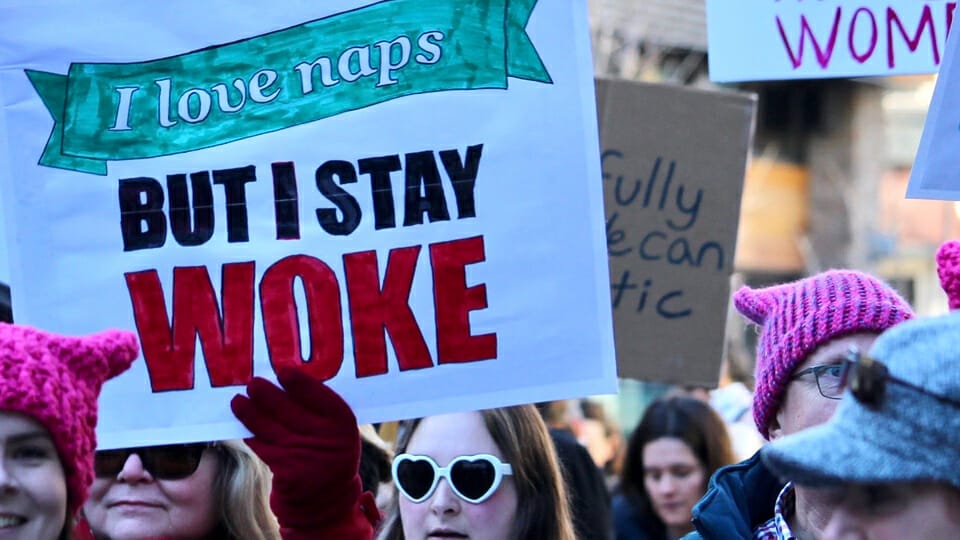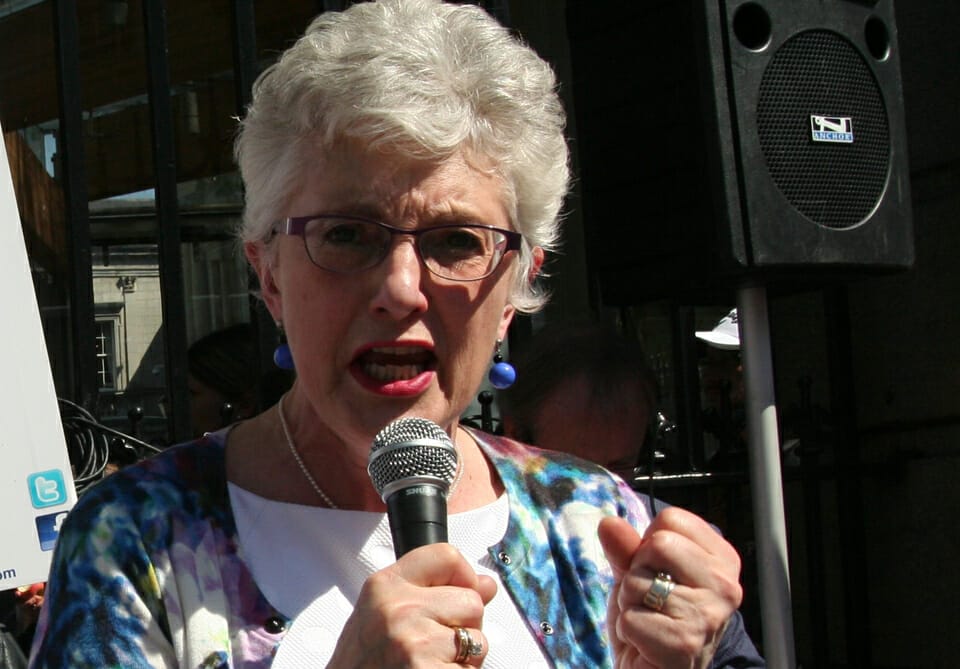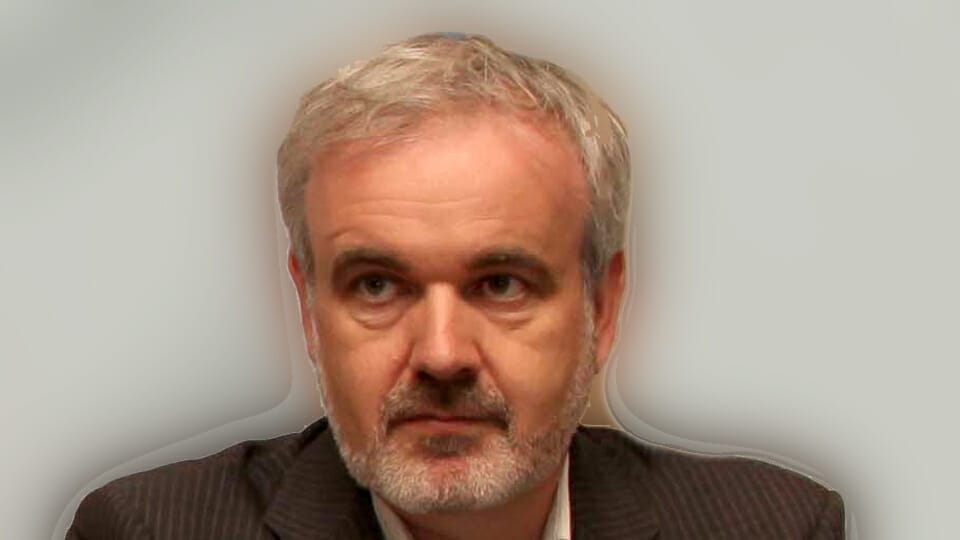 |
Tomás Ó Flatharta - A very welcome post by Des Derwin, first published on the Cedar Lounge Revolution blog.
Last week the left – alongside all decent people – was blaring a fanfare for the referral of Israel by South Africa to the International Court of Justice. And rightly so, of course. It is to be welcomed and it should be supported by the Irish government. All platforms and publications of the left are buzzing with it. South Africa is being commended effusively for their initiative and congratulated wholeheartedly for their solidarity with the people of Gaza. The left has, obliviously, great respect and faith in the International Court of Justice. The left sees it as very significant that a state should be brought to the International Court of Justice to answer for its crimes.
The BBC reported:
evidence submitted by South Africa claims “acts and omissions” by Israel “are genocidal in character because they are intended to bring about the destruction of a substantial part of the Palestinian national, racial and ethnical group."
Fine. So:
On 26 February 2022 [two days after the invasion], Ukraine filed an application instituting proceedings against the Russian Federation before the International Court of Justice (ICJ), the principal judicial organ of the United Nations, concerning “a dispute . . . relating to the interpretation, application and fulfilment of the 1948 Convention on the Prevention and Punishment of the Crime of Genocide” (the “Genocide Convention”). In its Application, Ukraine contends, inter alia, that “the Russian Federation has falsely claimed that acts of genocide have occurred in the Luhansk and Donetsk oblasts of Ukraine… In the Application, Ukraine also accuses the Russian Federation of “planning acts of genocide in Ukraine” and contends that Russia “is intentionally killing and inflicting serious injury on members of the Ukrainian nationality – the actus reus of genocide under Article II of the [Genocide]Convention”.
Ireland, along with 32 other countries, supported Ukraine’s submission to the International Court of Justice. Since the invasion the Irish radical left has lambasted the government for its support for Ukraine. Neutrality is demanded between Russia and Ukraine. Now the Irish government is being filleted for not supporting South Africa’s submission to the same court on the same issue of genocide.
On March 16, 2022, the International Court of Justice indicated among its provisional measures that “the Russian Federation shall immediately suspend the military operations it began on February 24, 2022 in the territory of Ukraine”. Russia did not accept this order, and objected to the Court’s jurisdiction and the inadmissibility of the application.
There is only one International Court of Justice (ICJ). However there are two international courts that deal with war crimes. The other is the International Criminal Court. And Russia’s leaders have been brought before that too in relation to the war in Ukraine.
…ICJ [International Court of Justice] cases involve countries, and the ICC [International Criminal Court] is a criminal court, which brings cases against individuals for war crimes or crimes against humanity. Also, whilst the ICJ is an organ of the United Nations, the ICC is legally independent of the UN, (although it is endorsed by the General Assembly). While not all 193 UN Member States are parties to the ICC, it can launch investigations and open cases related to alleged crimes committed on the territory or by a national of a State party to the ICC or of a State that has accepted its jurisdiction. The ICJ, which is situated in the Peace Palace in The Hague,… is one of the six “principal organs” of the United Nations.
On 17 March 2023, following an investigation of war crimes, crimes against humanity and genocide, the International Criminal Court (ICC) issued arrest warrants for Vladimir Putin, the President of Russia, and Maria Lvova-Belova, Russian Commissioner for Children’s Rights, alleging responsibility for the war crime of unlawful deportation and transfer of children during the Russo-Ukrainian War. The warrant against Putin is the first against the leader of a permanent member of the United Nations Security Council. The 123 member states of the ICC [including South Africa] are obliged to detain and transfer Putin and Lvova-Belova if either sets foot on their territory.
A tale of two courts after all. Both have had Russia hauled before it. Both have ordered Russia to stop. Civilian casualties in Ukraine take on a limited aspect only because of the scale and pace of the massacre in Gaza. Yet UN figures for November 2023 calculated that at least 10,000 civilians, including more than 560 children, had been killed and over 18,500 had been injured since 24 February 2022. This in Europe, where millions of Ukrainians have been displaced and ten of thousands of the displaced now live with us in Ireland.
Over 102,000 refugees from the war in Ukraine have come here. On Sunday 14th two or three hundred Ukrainians demonstrated at the Spire where the previous day tens of thousands had marched in an astonishing demonstration for Gaza. The relatively modest band of Ukrainians, cut off, perhaps alienated, from the left (as there wasn’t a sign of Irish left solidarity at the gathering), cut off from the teeming Gaza solidarity movement and, it seems, from their numerous Ukrainian compatriots here, was a contrast to the previous momentous day of solidarity. And here too was a stark juxtaposition to what can be built when the left, and solidarity organisations and humanitarians and internationalists, know the realities, show interest, pay attention, make connections and organise action.
On Tuesday last there was a press conference in Dublin to demand that the Irish government join the South African case in the ICJ. This press conference featured a rare conscious unity right across the left-leaning parliamentary spectrum (a unity seen of course too in practice on the continuous magnificent marches for Gaza). Some of these parties have supported Ukraine and its resistance. The left of the left have not. While shaking a fist at the government’s inconsistency, towards Ukraine and Palestine, the radical left shook a shadow fist at their own reverse inconsistency. When we march, and march, in the hope of an end to the onslaught in Gaza, let us hope for a day when all the left can unite, and march, for an end to the onslaught in Ukraine too.
⏩Keep Up with Tomás Ó Flatharta.



























